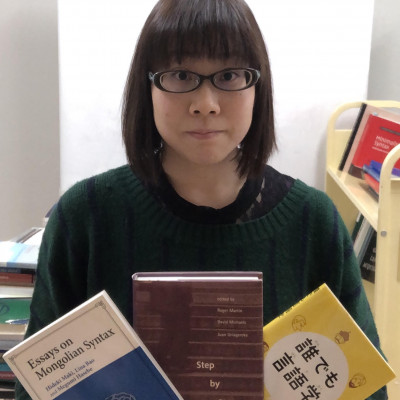Schedule Go Compact (displays all)
You can use Quick Lookup to quickly find sessions. But best is to use the LIVE SCHEDULE during the conference itself.
Please note
This search only includes sessions starting on 12th August [Asia/Tokyo]. It does not include asynchronous sessions.
Global Reading Club to Inspire Future Thinkers Around the World #1596
Our project promotes extensive reading in English for upper secondary classes around the world. It consists of three phases including video book-report exchanges, live read-aloud sessions, writing workshops, and webinars that raise cultural awareness between participants through collaborative online work. Sharing reading experiences enables teen students to explore themselves and become empathetic and critical thinkers.
ER 101. What is ER? The basics - QUESTION TIME (Thursday session) #1663
This is the question time connected to the recorded session in the video below. Please watch the video BEFOREHAND. We will not play the video during the session. This is an open mic session to discuss the topics in the video and share ideas. There is a second session on Monday
English Learning Achievement in Extensive Reading Class through Digital Literacy Practices #1571
This article aims to describe how learners can develop and implement digital literacy practices to improve their English learning in Extensive Reading class. Three factors that contribute to digital technology's advantages are more comfortable access to reading resources, various reading resources are available, and reading resources are updated.
Testing Extensive Reading #1638
Should we assess Extensive Reading? What do we mean by assessment? How should we do it?
APERC: Annual Paper-based Extensive Reading Club In China #1547
In China, test prep programs such as TOEFL and SAT, SSAT are an eternal topic for those students who study English. However, how to balance the intensive and extensive reading and how to assist test prep by guided academic extensive reading are questions need to be answered in reality.
Tips and Ideas for Phonics Readers in the Classroom #1561
Do you use phonics readers in your class? Discover some tips and ideas on how to use them with your students. With e-future's Smart Phonics Readers, students will be given a gentle first step into reading for all beginning readers.
How to do ER with no money and few resources - QUESTION TIME (Thursday session) #1661
This is the question time connected to the recorded session in the video below. Please watch the video BEFOREHAND. We will not play the video during the session. This is an open mic session to discuss the topics in the video and share ideas. There is another session on Monday.
From Extensive Reading to Creative Writing #1535
Reading for pleasure inspires young learners to create their own stories and poems. Writing stories with cultural issues gives students opportunity to show their world. Student-made book exchange enables students to explore the cultural traditions of other countries and become more motivated readers.
Turning Guided Story Creation into a Reading Library in Primary EFL #1564
In this presentation you will learn about the process of co-creating stories with students using the method of Teaching Proficiency through Reading and Storytelling (TPRS), and how these stories, based on student-made materials, can then be preserved in both digital and print libraries.
Reflection on the Practice of Extensive Reading in China #1546
We are an English training institution that has practiced extensive reading for two years. We have achieved lots of extensive reading results and found some problems with extensive reading. In the process, we have combined extensive reading and intensive reading to help more children benefit from reading.
Exploring Extensive Reading Practices in Arabic #1607
During this session aspects of an action research project encouraging students to engage in extensive reading (ER) practices in Arabic that took place online will be discussed. The session will review some of the issues students face when reading in Arabic and showcase how the researchers sourced appropriate free online reading materials to include in the project. The online ER activities to engage students in reading will also be explained.
A Machine Learning Method for Estimating the Difficulty Level of Graded Readers #1587
A machine learning method was investigated to analyze how syntax affects reading difficulty, first categorising graded reader texts into parts of speech, then using a sliding window method to count different patterns of word types. Next we used clustering to check whether the features could be classified by difficulty level.
Extensive Reading is the Key for Better Language Development #1538
Why is extensive reading important for language learning? How can students be motivated to read for pleasure? How can instructors enhance a student’s incidental language learning through extensive reading? Join us to learn answers to these questions.
Building a Nation of Readers #1563
How to build a nation of readers in Saudi Arabia with participation and ideas from the audience.














